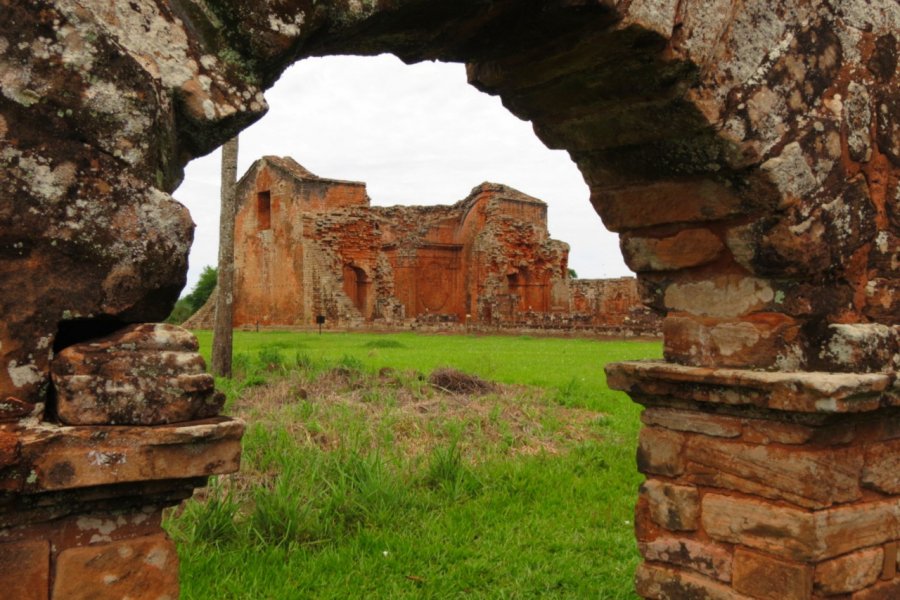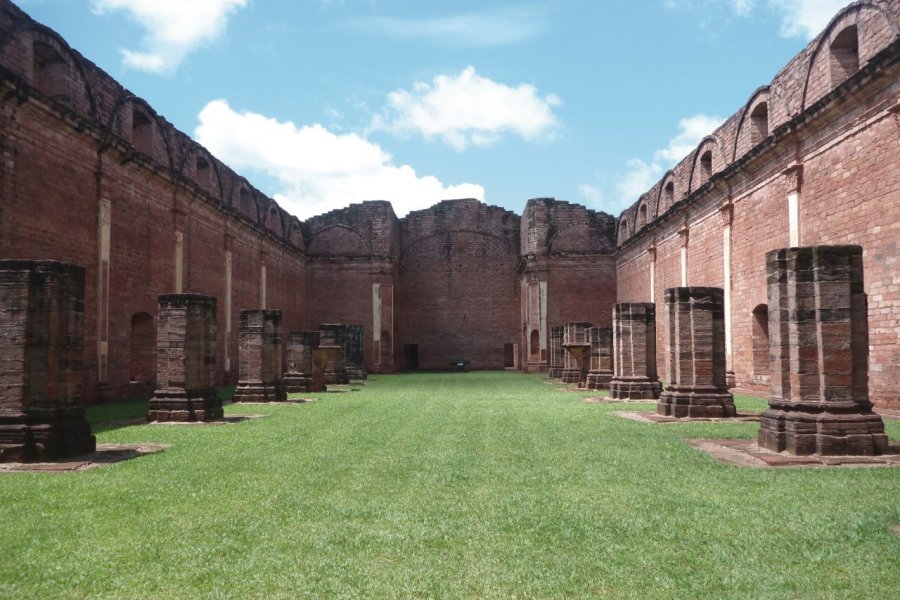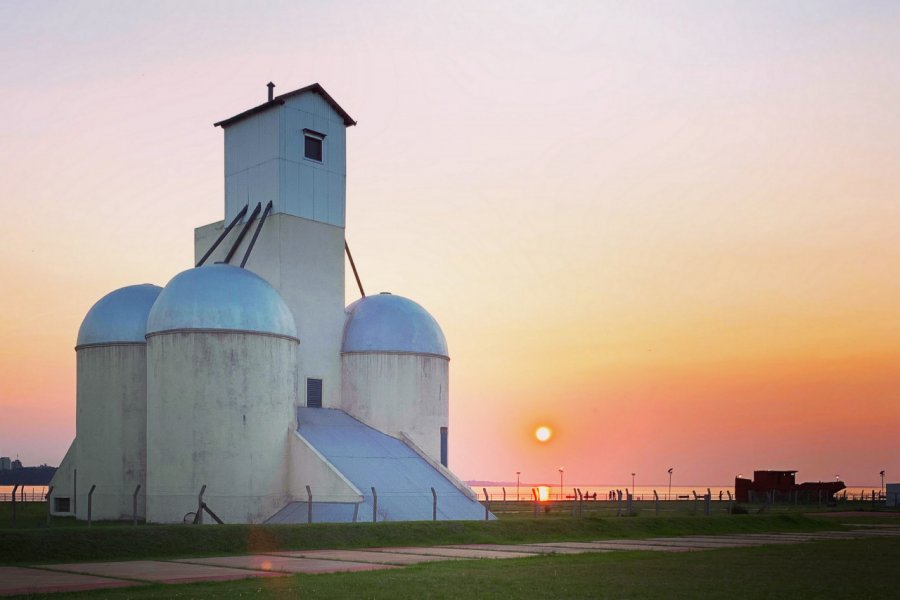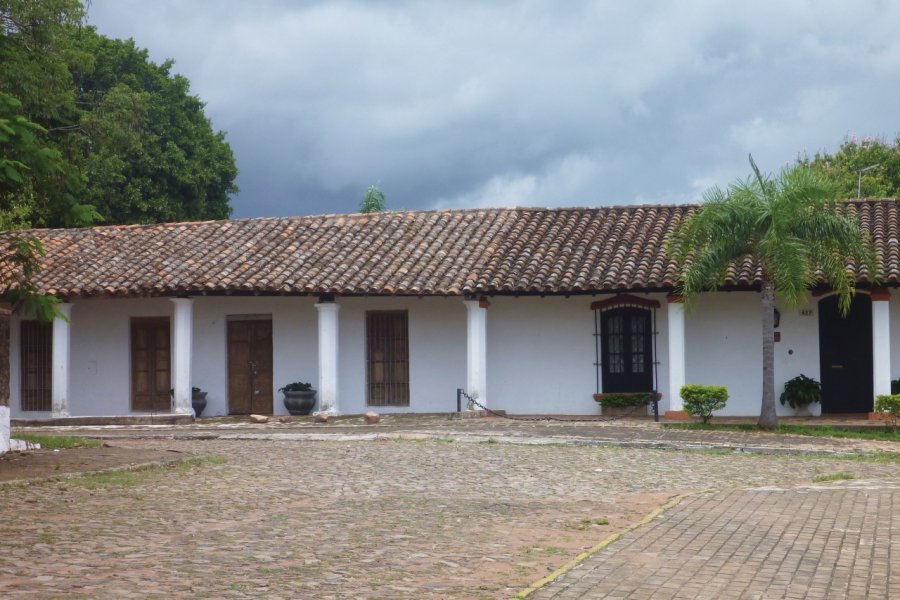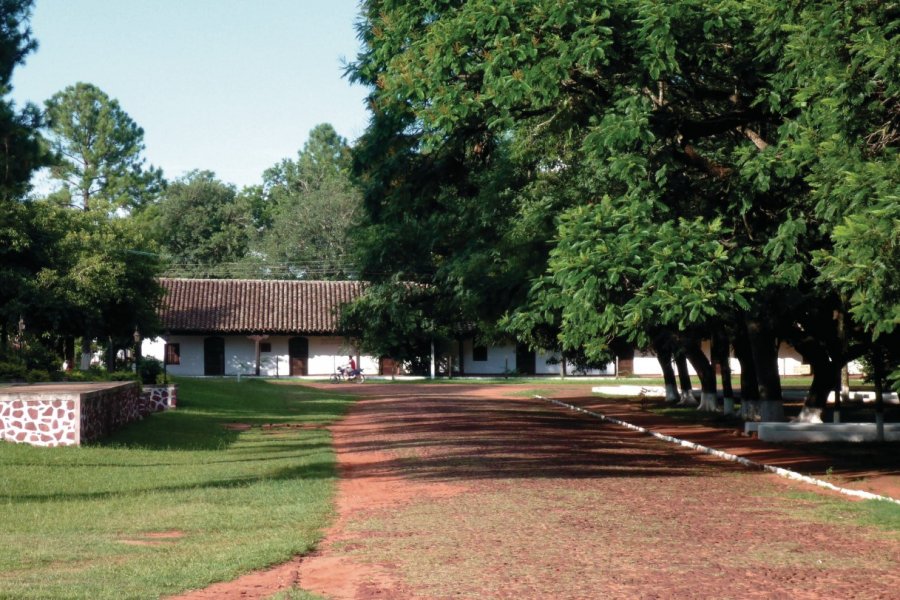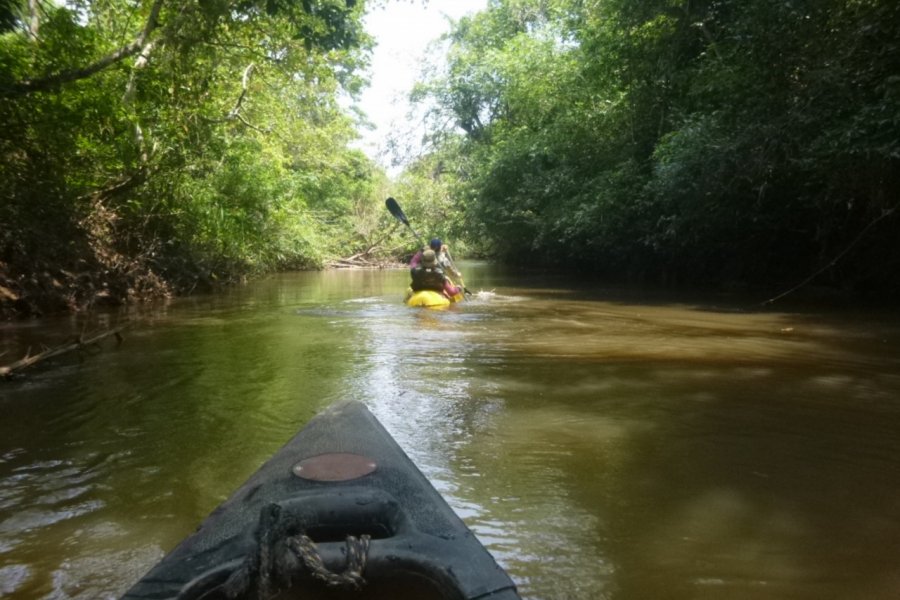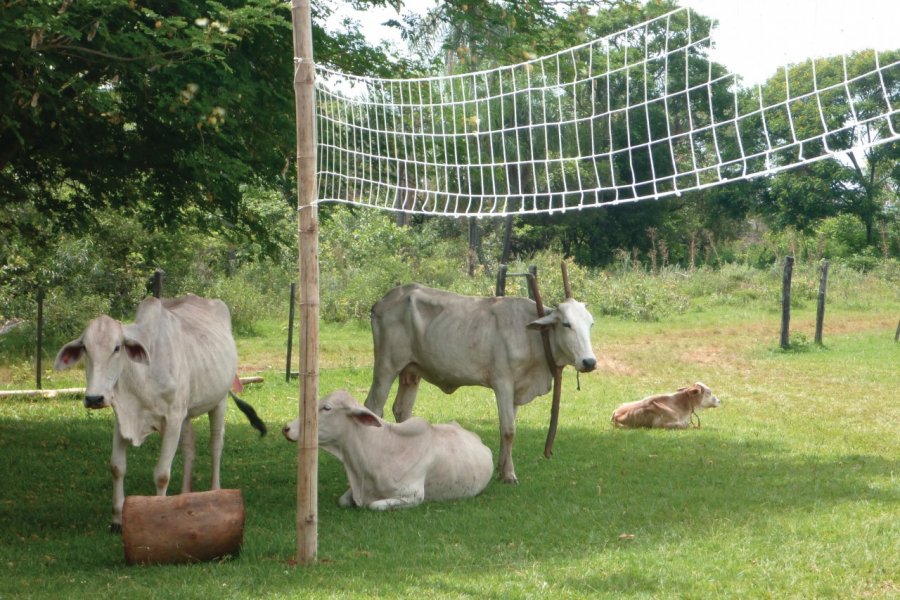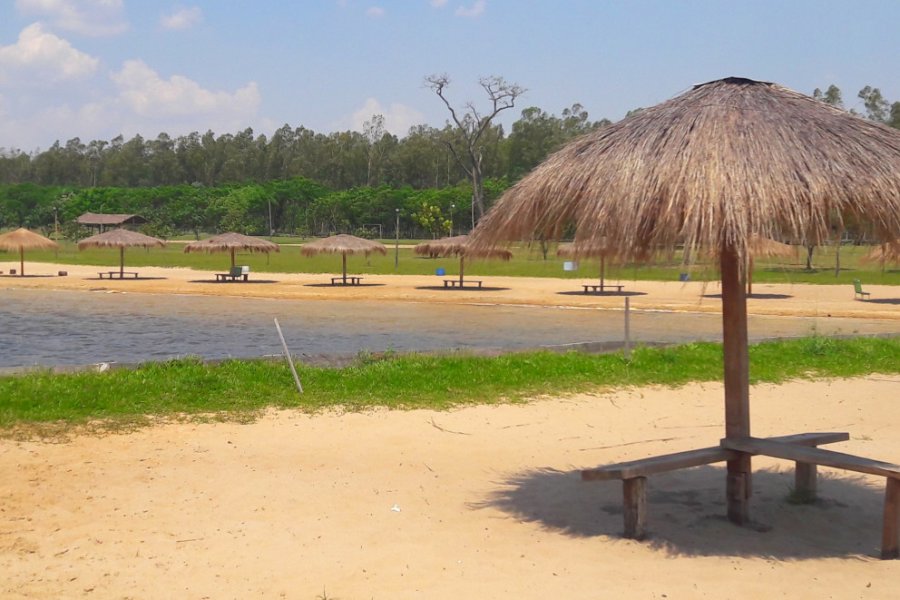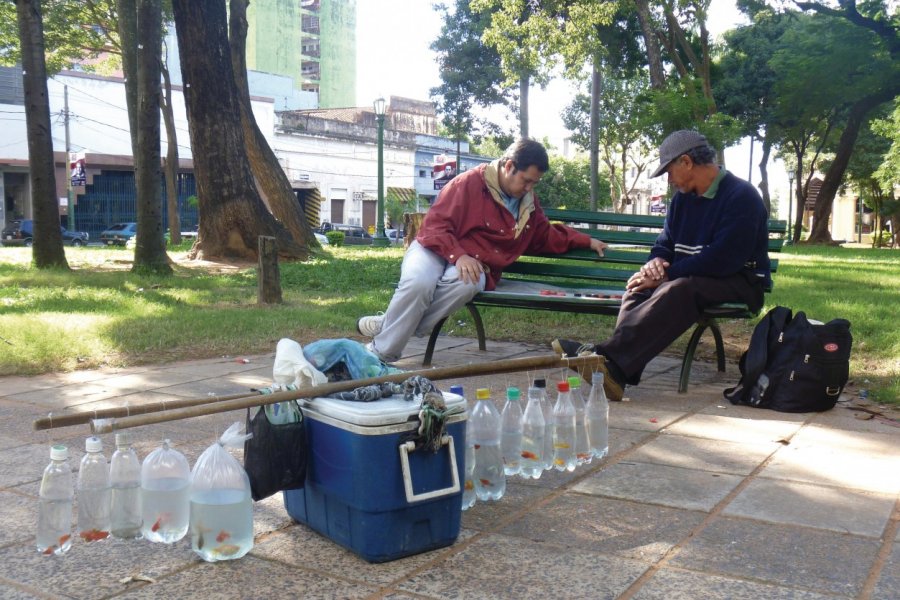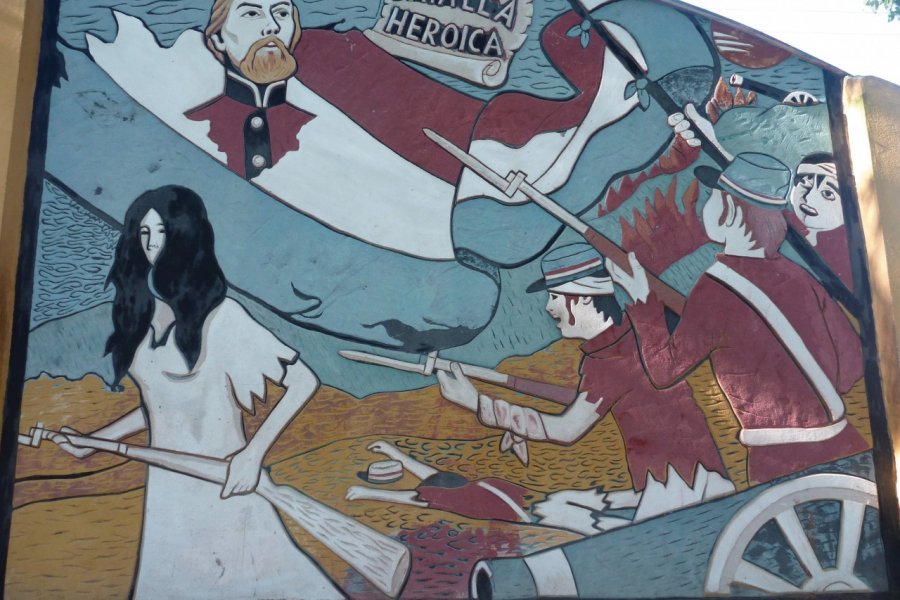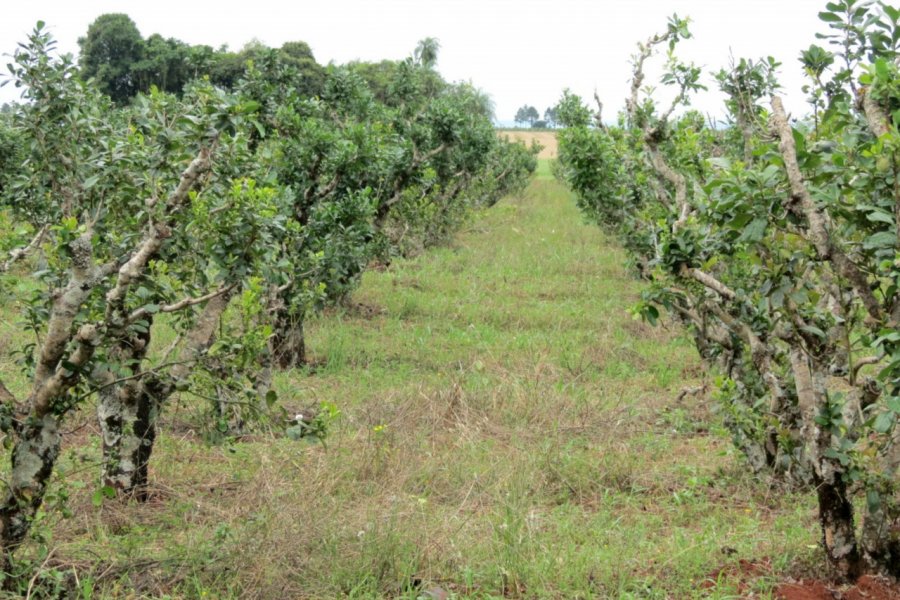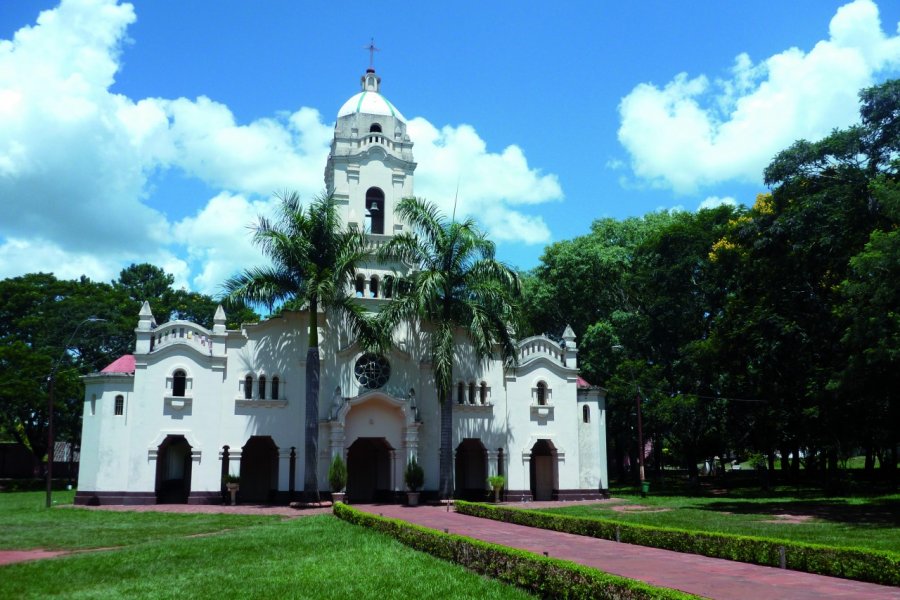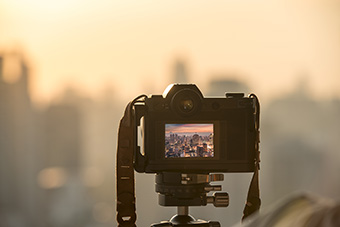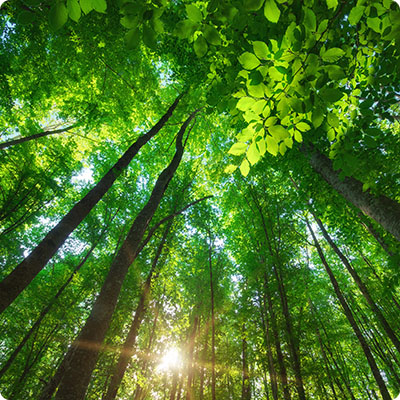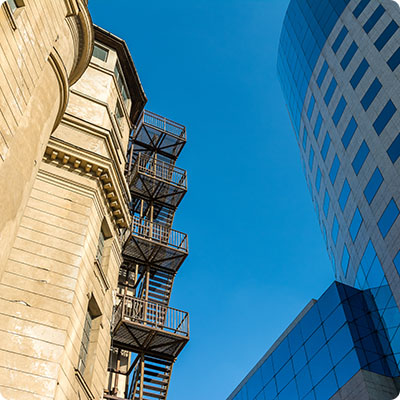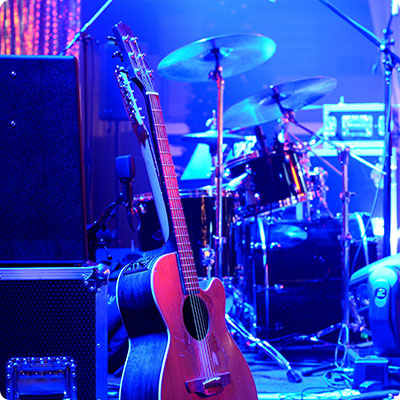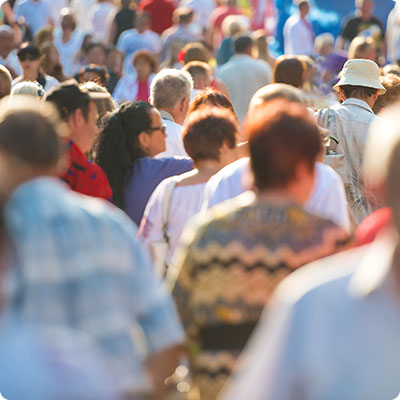What to see, what to do Paraguay?
The 10 good reasons to go Paraguay
So much water!
No sea, but gigantic rivers, enchanting lagoons, rivers and waterfalls.
A welcoming people
Paraguayans love meeting foreigners. Contact is simple and natural.
The sweetness of life
We're enjoying the moment around a tereré. No stress in these parts!
Guarani culture
An omnipresent and fascinating language, mythology and ancestral knowledge.
On the way to the unknown
We come here out of pure curiosity, to find out more about this country that is full of surprises!
The wild lands of the Chaco
Real adventure. The Chaco is rugged, beautiful, with exceptional wildlife.
Far from the beaten track
We don't meet many travellers. The notion of exploration takes on its full meaning here.
An authentic way of life
Tereré, yuyos, ñandutí, mitos, harp... Traditions and customs that are still very much alive.
The Jesuit missions of the Guaranis
The legacy of the missions plunges us into a fascinating episode in the country's history.
A business destination
Life here is very affordable, a godsend for long-distance travelers.
What to visit Paraguay?

Interview: My Paraguay
Nicolas Lhullier, author of the guide
A Latin American by heart and by adoption, Nicolas has been crisscrossing the roads, tracks and rivers of the continent for over 20 years. Fallen under the spell of this forgotten country of the tourist circuits, of its red earth, of the welcome of the Paraguayans, of the mbeyú and the tereré, of the legends and magic sounds of the guarani, he took a great pleasure to write this first guide in French on Paraguay.
See the video of the interviewGood to know to visit Paraguay
 Timetable
Timetable
Museums generally open between 7-8 am and 12 noon, and then between 1-14 pm and 5 or 6 pm. They can close an hour later during the Paraguayan summer, but there are no real rules. Many are closed on Sunday and Saturday afternoons. Even when schedules are posted, they are not always respected, and you will often find the door closed. This is often the case in small towns in the interior, which sometimes receive only one or two visits per week! A number is often written on the door, if not ask around, someone will be able to find the person in charge of the museum, who will be happy to come and open the door for you and sometimes offer you a guided tour. As for the churches, they are generally closed outside of masses. The doors open half an hour before the service and it is then possible to visit them at that time. Or during mass, but as quietly as possible. Concerning natural sites (waterfalls, river islands, nature reserves...), they are generally accessible every day. During the week, you will probably be alone on these sites (you may also have to look for the caretaker), while on Saturdays, Sundays and public holidays, the peaceful atmosphere of the place can be transformed, with the joyful arrival of families, equipped with their barbecues and portable baffles!
 To be booked
To be booked
Due to the lack of tourists, no museum or other tourist site really requires a reservation, except perhaps to warn that tourists will be arriving! As for the Iguazú Falls, located on the border between Brazil and Argentina and easily accessible from Paraguay, a reservation is not necessary either, but to save time, it may be worth buying your ticket online to avoid queuing at the ticket office.
 Budget & Tips
Budget & Tips
The advantage of countries with few tourists is that you don't risk ruining yourself by visiting them. In Paraguay, public museums are free. If exceptionally a right of access is required, it is often derisory (5,000 or 10,000 Gs). Even the entrance to World Heritage sites, such as the Jesuit Missions of Trinidad and Jesús, cost only 25,000 Gs (€3.50), for three sites and three days of visits!
 Main events
Main events
The country's most outstanding events are mainly related to religious celebrations, with fixed or variable dates from one year to the next: the Carnival of Encarnación, Holy Week, the feasts of San Juan (Saint John) on 24 June, or the impressive Caacupé pilgrimage on 8 December. Historic dates are also an opportunity to pay tribute to the heroes of the past. These are often public holidays, such as Heroes' Day on March 1st, Independence Day on May 15th, the commemoration of the Battle of Boquerón on September 29th... The gastronomic, musical and craft festivals are also very popular: Festival del Batiburrillo, Siriki y Chorizo Sanjuanino in San Juan Bautista, at the end of January, Festival del Ñandutí in Itauguá in March, Festival de la Frutilla (Strawberry Festival) in Areguá, in August, International Harp Festival in Asunción in October, Oktoberfest in Colonia Independancia, at the end of October?
 Guided tours
Guided tours
Guided tours to museums and other tourist sites are usually conducted in Spanish. English-speaking guides are still very rare, Portuguese is much more practiced. French is extremely rare. The same is unfortunately true of the few tourist information points scattered around the country! Those who manage best are undoubtedly the people organizing city tours in Asunción and some guides employed by agencies, especially in specialized areas such as bird watching for example.
 What's very local
What's very local
Paraguay has the particularity of having dozens of museums devoted to the two great conflicts that have marked the country, the Triple Alliance War and the Chaco War. You can visit one or two of them, to better understand what was at stake in those times, but unless you are a South American history enthusiast, you quickly get tired of seeing the same things (guns, sabres, cannonballs, horseshoes, old radios...). The most eminent museums are those dedicated to Hispano-Guaraní Baroque works, dating from the Jesuit and Franciscan reductions, and in particular those of San Ignacio Guasú and Santa María de Fe. The most remarkable cultural sites in Paraguay also concern the former missions, two of which are listed as UNESCO World Heritage Sites. The discovery of local crafts is also an excuse to visit the interior of the country, many villages are specialized in a particular craft or gastronomy and are recognized as such in Paraguay. Participating in festivals or patron saint festivals is a unique opportunity to immerse oneself in the traditions and meaning of Paraguayan festivities.
